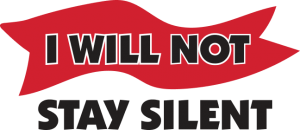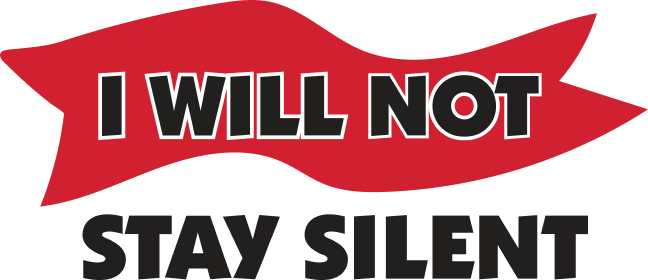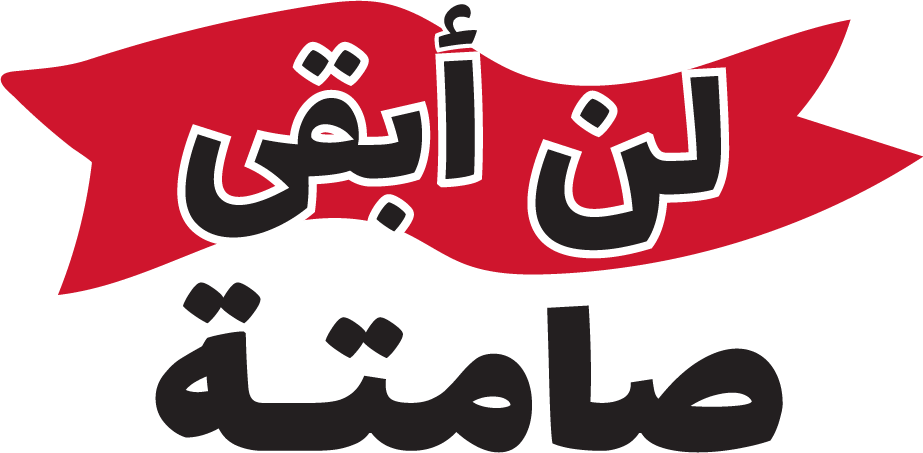“Together Against Discrimination” Diploma Program
Together Against Discrimination “TAD” is an intensive three-month online diploma program by ARIJ. The TAD program is the first of its kind in the Mena region. It focuses on equipping participants with theoretical and practical hands-on knowledge to be able to design and implement effective internal complaints mechanisms against various forms of misuse of power in media institutions in general, in addition to the media working environment. It deals with topic areas related to fraud, corruption, harassment and hate speech. TAD is based on the multi stakeholders approach and allows participants to best receive, respond, investigate and report any form of alleged complaints in the institution.
TAD was launched in summer 2021. It gathered a group of Arab professional journalists, lawmakers, activists and researchers from June till September.
TAD is part of the “I Will Not Stay Silent,” project launched by ARIJ (Arab Reporters for Investigative Journalism) in partnership with the Meta Journalism Project, Women in News / WAN-IFRA, the International Women’s Media Foundation (IWMF), and SAFE - IREX, and supported by Germany’s Federal Foreign Office. It aims to create a safe, pluralistic, and diverse media working environment that is free of discrimination.
Target Groups
Journalists, media professionals, content producers, civil society institutions, and professionals who are interested in learning about new tools to deal with various forms of misuse of power in the workplace and beyond. Female journalists and HR professionals were highly encouraged to apply.
Program
Twenty trainees were selected by an expert committee to participate in the highly competitive three-month diploma program, which ran from June 1, 2021 to September 15, 2021, through ARIJ’s e-learning platform, ARIJ Academy. The training was offered free of charge and was delivered in Arabic.
Throughout the program, participants engaged virtually in discussions and group work through breakout sessions and submitted assignments and evaluation forms.
Selected participants were expected to dedicate six hours/week over 12 weeks to the various program modules:
Attend four-hour weekly virtual training sessions over 12 weeks, every Tuesday from 17:00 - 21:00 Amman Time (GMT+3)Submit individual and group assignments (estimated time required is 1-2 hours /week)
Submit individual and group assignments (estimated time required is 1-2 hours /week)
- Submit a final project on a relevant topic: a written report regarding case study analysis of the work environment (1000 words) or a report in an audio-visual format (1-3 minutes) and a final group assignment (role play simulation exercise).
The training syllabus:
Module 1: Prior to the allegations: designing and implementing effective system to receive complaints against various forms of misuse of power
Module 2: From complaint to investigation: steps for ensuring an appropriate initial response
Module 3: From investigation to report: conducting a thorough and effective investigation
Module 4: From report to outcome: report writing and complaint follow-up
Module 5: Managing an investigation: processes and responsibilities
Module 6: Special considerations for investigating allegations of fraud and corruption
The modules were presented from a gender perspective and included reference to legal issues especially with respect to harassment laws and gender-based violence (GBV). Diversity, Equity and Inclusion (DEI) was also highlighted in the diploma content.
Applicant Criteria
In order to be considered eligible to apply, applicants had to fulfill the following criteria:
- Be an Arab journalist, content producer, or media professional with at least five years of work experience.
- Genuine interest in finding solutions to various forms of misuse of power.
- Commitment to attending the four-hour weekly training sessions over 12 weeks and submitting required individual and group assignments as well as the final project.
- Candidates based in the Arab region or beyond were eligible to apply.
Certification Requirements
- Attend at least 10/12 four-hour weekly training sessions (80%)
- Submit 5/6 individual assignments (80%)
- Submit a final individual project and a final group assignment (together they will require a week of work)
- The final individual project is a written work on a relevant topic (1000 words) or a report in a short audio-visual format (1-3 minutes).
- The group assignment will be a role play simulation exercise on a relevant topic.
- Actively participate in discussions throughout the training
Logistical Requirements
- Access to a stable internet connection
- A laptop with a functioning camera

















